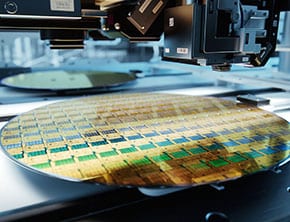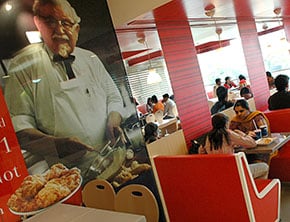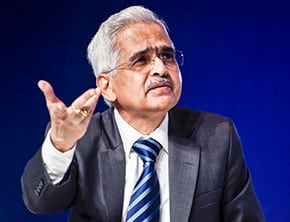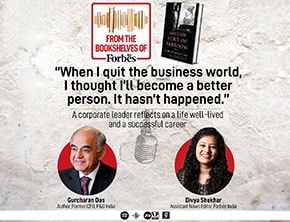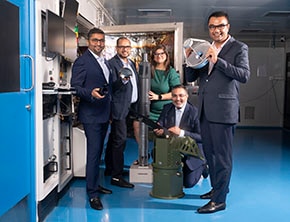
From Bitcoin's resurgence to KFC's dream run, here are our top stories of the week
India's semiconductor ambition, leadership lessons from Gurcharan Das and Anshula Kant, RBI's tough stance are some of the stories that piqued the interest of our readers this week
 Image: Shutterstock
Image: Shutterstock
1) Leading to prosperity
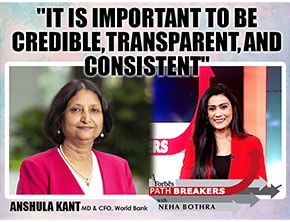
From managing the finances of India's largest bank, the State Bank of India (SBI), to now tackling major global challenges such as climate change and inequality as the first woman managing director and chief financial officer of the World Bank, Anshula Kant is one of the most respected bankers. Kant's team seeks to undertake scalable and replicable projects to solve some of the world's most pressing problems. In the latest episode of Pathbreakers, find out how she has successfully led teams through several crises over nearly four decades, what the World Bank is doing to evolve its financing model, and why she believes a "slow touchdown to a soft landing" is possible over the next 12 months for the global economy.
2) Hope in resurgence

